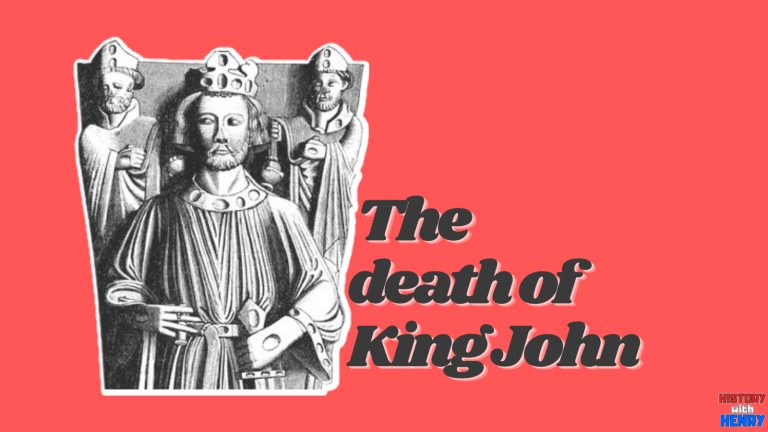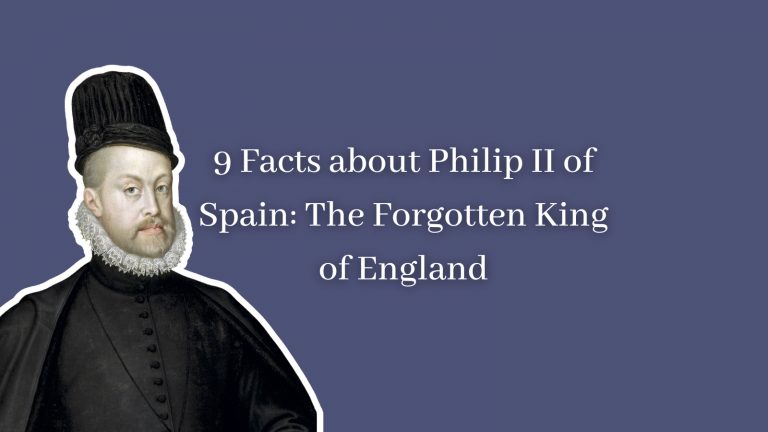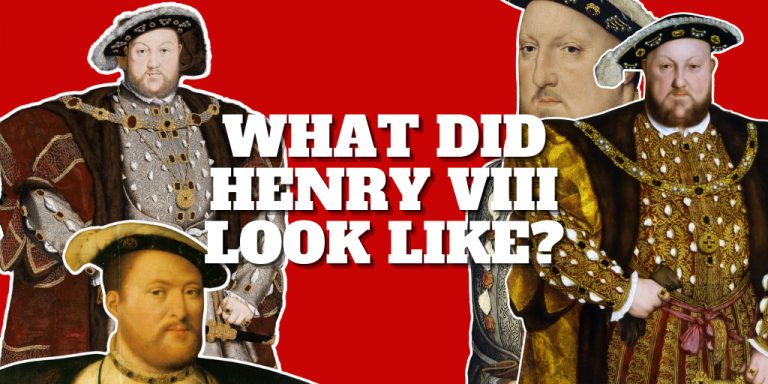What is Henry I famous for?
Henry I reigned as King of England from 1100 to 1135. As the fourth son of William the Conqueror, he ascended to the throne following the death of his brother William II, who died during a hunting incident without leaving an heir.
Henry I’s rule was characterised by adept administration and effective stabilisation of Norman rule, following the tumult that ensued upon his brother’s sudden demise. Through his skilled political acumen, he managed conflicts with the Church, the nobility, and French rulers over territory in Normandy.
Henry I fostered a strong centralised government through legal and bureaucratic reforms and championed a revival in education and court culture. At the time of his death, he had facilitated an era of peace, order, and consolidation within the Anglo-Norman realm, which was unprecedented for generations.
What is the number one thing Henry I is most famous for?
Henry I’s most defining legacy resides in the peace and robust governance he introduced to England and Normandy after assuming the throne under chaotic circumstances.
Following the shock death of William II, shot by an arrow in the New Forest, Henry I swiftly claimed the treasury and the crown amidst an emerging succession crisis. He expertly secured control and the backing of the nobility through astute diplomacy and strategic marriages of his illegitimate offspring into European noble families.
Throughout his reign, Henry I maintained a strong hold on authority, skilfully balancing rival factions, managing conflicts with the Church, containing the independence aspirations of the nobility, and negotiating the complex relationships with France over Norman territory.
By the time of his death, despite the later setbacks such as the tragedy of the White Ship disaster which claimed the life of his heir, Henry I had succeeded in stabilising a system of rule and a dynasty which would endure. Given the fragility of the Norman succession at the start of his reign, this accomplishment was particularly significant.
What else will Henry I be remembered for?
Within his domestic rule, Henry I introduced legal and administrative reforms to establish centralised control. Notably, his comprehensive overhaul of the treasury and advanced reforms of the exchequer led to improvements in financial management and record keeping. This enabled a significant expansion of revenues required to secure Norman rule.
As a key patron of medieval chroniclers and historians such as William of Malmesbury, Henry I commissioned works that were pivotal to the representation of Norman history and kingship, reinforcing his dynasty.
In terms of foreign affairs, he skillfully managed sporadic conflicts with France, Wales, and Scotland, via careful diplomacy and strategic appointments of his numerous illegitimate children to European noble families.
Henry I had two legitimate children with Queen Edith of Scotland. However, he also fathered over 20 illegitimate children with various mistresses. The strategic handling of these children through marriage alliances proved crucial in supporting his dynasty.
You might not know this about Henry I
Accounts provide insight into Henry I’s private life, revealing him to be an intellectual with refined tastes. He possessed an extensive library of historical, philosophical and theological texts and was himself an erudite theologian.
Furthermore, Henry I was one of the earliest literate Kings of England. His education afforded him fluency in Latin and a proficiency in reading and writing that was rare among the nobility of the time. He utilised these skills in his governance, maintaining detailed involvement in bureaucratic records and correspondence.
So, while he projected an image of stern royal authority publicly, his scholarly pursuits reveal a thoughtful, cultured character. This educated king laid the foundations for strong, stable rule, whilst finding solace in books. He endeavoured to cultivate both his kingdom and his own brilliant mind through the patronage of education and literature.






